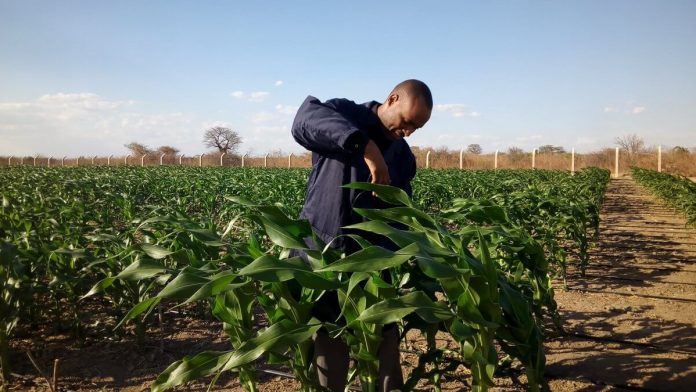By Daily Nation
Essong’olo village, in the heart of Vihiga County, is just like any other hamlet, with most households engaging in subsistence farming.
Isaiah Bitoolo is one of the residents of this village and, like many of his neighbours, he keeps a herd of five indigenous cattle in a makeshift zero-grazing unit.
Years ago, zero-grazing of such animals was unheard-of in the village as the animals grazed in a free-range style along the rural roads, in open fields and along riverbanks.
“Things are changing fast,” says the 44-year-old farmer. “I was forced to zero-graze the animals because for the better part of this year, there was little grass in the fields where we used to graze them due to little rains. Most of the fields have also been cultivated, fenced off or built up and some of the rivers have dried up, leaving us with no option,” he said.
To manage the new way of keeping his animals, the farmer has been forced to spare at least one of the two-and-a-half acres he owns for farming napier grass.
“For the first time in my life, I am budgeting for my animals,” said Bitoolo.



